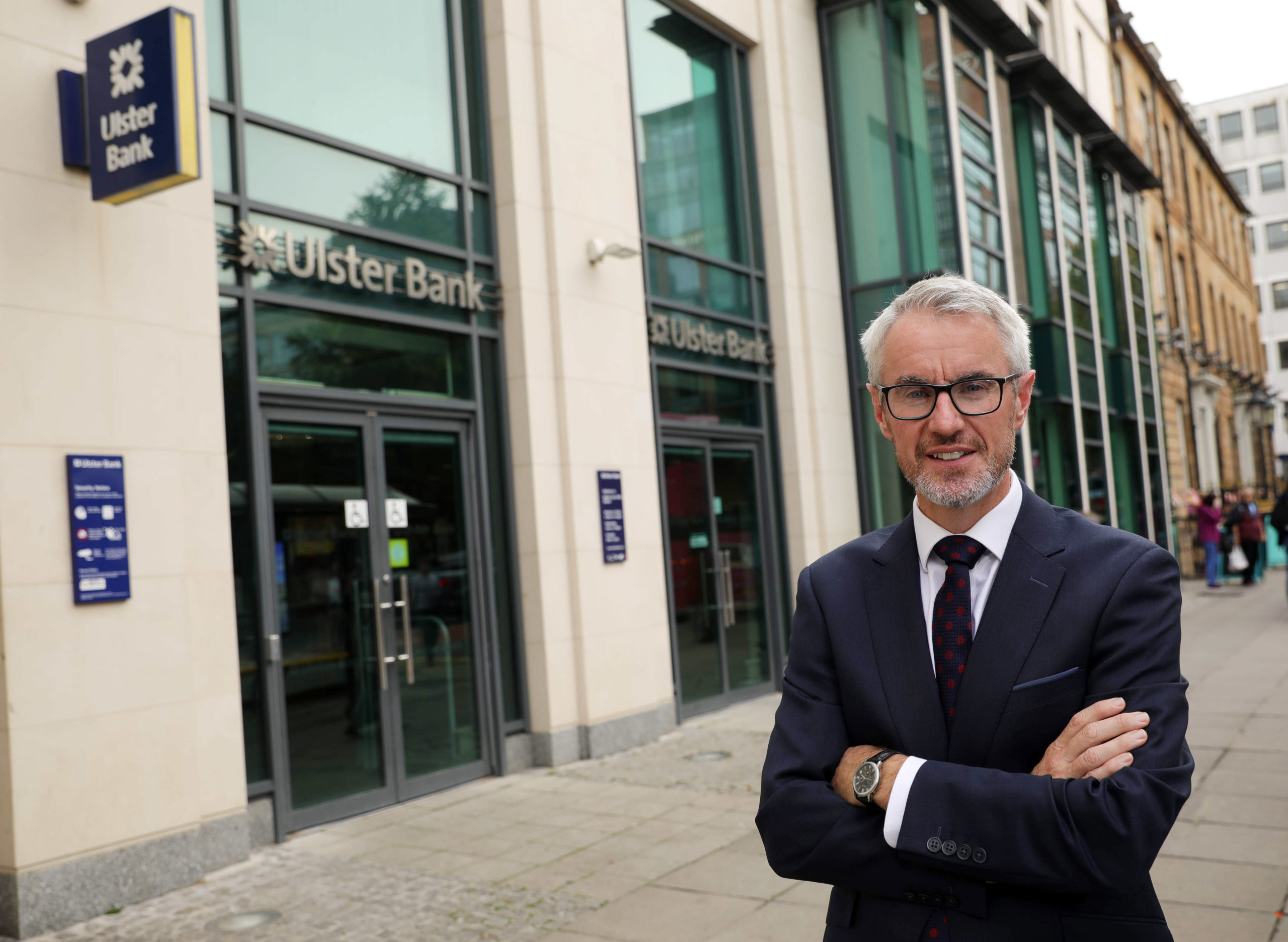The number of homes coming onto the market for sale in Northern Ireland increased at its strongest rate in over three years in March according to the latest Royal Institution of Chartered Surveyors (RICS) and Ulster Bank Residential Market Survey.
Enquiries from new buyers also grew in number for the seventh consecutive month, according to respondents, and newly agreed sales rose at the strongest rate in four months.
Prices continued to edge higher too, with the price balance moving further into expansionary territory, and confidence in the outlook improved, with the balance of surveyors expecting both prices and sales to increase over the short-term and the longer-term.
The results of the latest survey show that a net balance of 30% of surveyors in Northern Ireland reported a rise in new instructions to sell; this is up from 11% in February, and the highest that this balance has been since February 2021.
New buyer enquiries also edged up slightly from the survey previous, with a net balance of 30% of surveyors noting an increase, compared to 27% the month previous.
Increased demand and supply led to an uplift in sales. A net balance of 35% of NI surveyors reported that sales increased through the month of March. And surveyors remain optimistic on the sales outlook, with a net balance of 55% of respondents anticipating sales will rise over the next three months. The same can be said for the next 12 months, with a net balance of 60% of respondents in NI expecting residential property sales to increase.
Looking at pricing, a net balance of 60% of NI respondents reported a rise in prices over the past three months, the highest balance across all of the UK regions, and above the UK average which sits at -4%. NI surveyors report that prices will continue to rise over the next three months, with a net balance of 45% of respondents anticipating a rise in property prices in Northern Ireland.
Samuel Dickey, RICS Northern Ireland Residential Property Spokesman, says: “It is encouraging that we saw solid levels of demand from new buyers through March, which surveyors expect to continue in the months to come. Although the latest survey has noted that the number of properties coming to the market has increased, our view is that supply still isn’t sufficient for the levels of interest from prospective buyers, which is perhaps why we’re still seeing prices edging upwards. With mortgage rates still slightly lower than what buyers were previously experiencing, we expect that we will continue to see appropriately priced listings converting to sales.”
Terry Robb, Head of Personal Banking at Ulster Bank, added: “The sales market in Northern Ireland has been performing relatively well during recent months despite some of the challenges, notably low levels of house building, as well as the fact that consumers continue to face challenges around the cost of living. The survey suggests that more houses have been put up for sale in recent months, including in March, which is one of the key factors leading to increased sales. These higher-levels of activity are feeding through into stronger mortgage demand across our product range for those buying and remortgaging, including for products such as our green mortgage, which provides discounted mortgage rates when purchasing or remortgaging an energy-efficient home.
“Whilst sustainability was perhaps less of a priority for consumers dealing with financial pressures during 2023, providing support to enable consumers to buy more sustainable homes and to make changes to the energy efficiency of their existing properties is extremely important and something we are committed to doing in 2024. The NatWest Greener Homes Survey continues to show that the biggest barrier to consumers making energy efficiency improvements to their homes is the cost of the work required – with 67% of those deterred by it stating that the upfront cost was simply too expensive. 37% of those who considered cost a barrier also said that the pay-back time on energy efficiency improvements was too long. Financial support could help overcome both these blockers, and it’s critical that banks, like us at Ulster bank, continue to support consumers – something we are committed to doing.”


